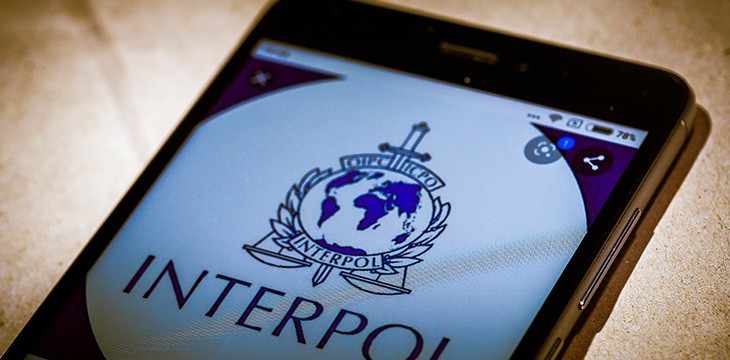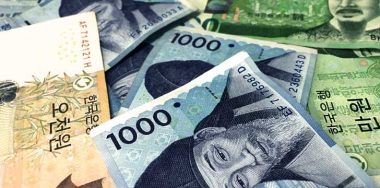A South Korean startup has joined forces with Interpol to monitor the dark web for illicit activities, including those conducted through digital currencies. The startup, S2W Lab, has signed a one-year agreement with the law enforcement organization.
The dark web has become an increasingly potent threat in the modern world, with more criminals turning there to enhance their privacy. Criminals now sell credit card information, release underage and revenge pornography, and engage in all manner of crime over the dark web. This has made it critical for law enforcement authorities to adopt the latest tools to monitor the space, and Interpol doesn’t want to be left behind.
In a statement, Interpol said S2W Lab has managed to create a unique AI-based multi-domain analytic engine that captures and analyzes a massive amount of dark web data. “In the process of database establishment, natural language processing techniques are used to find links among multiple domains and among multiple timeframes,” it said.
S2W Lab’s technologies have been recognized internationally, going on to obtain a number pf patents. It recently attracted $3.5 million in investment. The startup, which was founded by network security researchers from the Korea Advanced Institute of Science and Technology, also analyzes digital currency transactions. Research has found digital currencies to be one of the favorite payment methods for cybercriminals. In the past few years, dozens of dark web markets have been brought down by authorities, with millions of dollars’ worth of digital currencies being seized.
As part of the partnership, S2W Lab’s CTO Shin Sueng-won was appointed a member of Interpol’s “Global Cryptographic Bank Crime Prevention Subcommittee.”
CEO Suh Sangduk said, “Responding to the cybercrime on the Dark Web is very difficult due to its characteristics and wide usage of cryptocurrencies. We will cooperate with international investigations with our technologies and contribute to the technology to be used for good purposes.”
Interpol has continued to police the digital currencies space, cracking down on criminals who prey on gullible victims. In a recent notice, the Lyon, France-based organization cautioned those using the coronavirus pandemic to sell fake items including face masks and hand sanitizers. According to blockchain security firm AnChain.AI, a good share of these scams are being conducted through digital currency payments.
New to blockchain? Check out CoinGeek’s Blockchain for Beginners section, the ultimate resource guide to learn more about blockchain technology.








